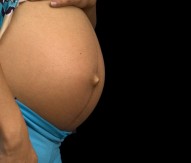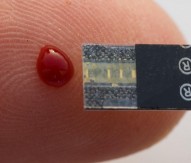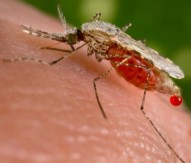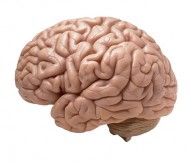
Research contests traditional beliefs on vitamin D
Fresh research from the UK’s University of Dundee has challenged the belief that vitamin D deficiency from lack of sunshine causes increased heart disease and deaths in winter.
The investigation, led by Emeritus Professor Hugh Tunstall-Pedoe, suggests that vitamin D is not guilty and is unimportant in cardiovascular disease and winter deaths, whatever its role in other diseases.
Vitamin D was first linked with excess winter disease in 1981, the same year that the Cardiovascular Epidemiology Unit in Ninewells Hospital in Dundee was launched to study causes of the excess heart disease in Scotland. Thousands of healthy men and women agreed to have risk factors measured, blood taken for testing, and their medical records followed in the Scottish Heart Health Study.
Recently their saved blood has been tested for vitamin D in Germany in a Medical Research Council and European Commission-funded international project; results were related to intervening in illness and death. They show that whilst overall incidences of cardiovascular events did not vary seasonally, deaths from heart disease and from other causes did. Vitamin D levels also varied, with the highest levels seen in August and the lowest in March, but crucially this was several weeks after peak winter death rates, so changes in vitamin D were too late to be the cause.
People with lower vitamin D levels did have higher rates of cardiovascular disease, but low vitamin D levels were also associated with lifestyle and other risk factors. When these were corrected for, vitamin D levels had a trivial or no additional effect. People with low vitamin D levels did not have a greater increase in winter disease rates compared to others.
Commenting, Tunstall-Pedoe, who initiated and still leads the Scottish Heart Health Study, said: “This is a major study, in a population with two-to-one seasonal changes in vitamin D, and low levels overall. If vitamin D deficiency were a major cause of heart disease and death, we would have expected it to show up. But it did not. So our results seriously challenge its alleged role. We want others to explore seasonal change as we have done – a huge natural experiment which comes for free.”
The academic added that the study had “benefitted from national and international collaboration”.
The results are published in the International Journal of Epidemiology.




